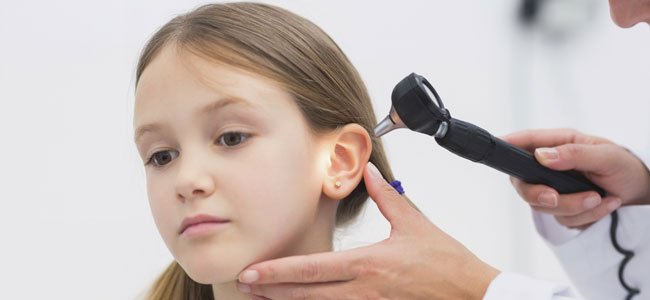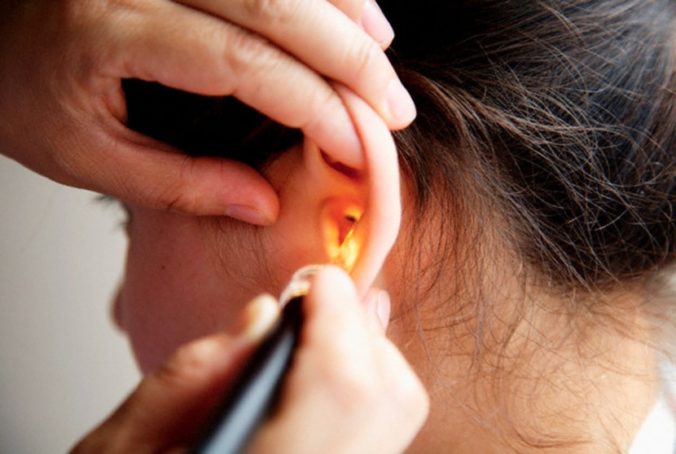5% of the world’s population suffers from disabling hearing loss, but in some cases, prevention can be the best solution. Here we explain how you can prevent hearing loss and improve your hearing health.
Early detection and prevention: allies for your ears
Did you know that 328 million adults and 32 million children throughout the world suffer from hearing loss? However, the World Health Organization (WHO) confirms that 60% of the cases in children can be prevented.
A person without a hearing impairment has a hearing threshold in both ears equal to or above 25 dB. On the other hand, when the hearing threshold falls above 40 dB in adults and 30 dB in children, they are classified as suffering from disabling hearing loss. This type of hearing impairment may be mild, moderate, severe or profound. We say that deaf people suffer from profound hearing loss, meaning that they hear very little or their hearing threshold cannot be defined.
How to detect and treat hearing impairment
In order to detect the first signs of hearing loss, it is crucial to perform an early diagnosis to minimize the impact and progression of the hearing impairment. In the case of children, early detection and treatment are essential to academic performance and the development of skills.
Once the patient’s situation has been identified through medical tests such as an audiometric hearing test, it can be decided if they should use a hearing aid, have cochlear implants or be given access to other hearing devices. If hearing loss is severe or profound, it is important that the patient learns to communicate by lip-reading, using written texts or sign language.
Simple prevention strategies to combat hearing loss

Credit photo: Guía infantil
According to the WHO, these are the most advisable strategies for preventing hearing loss:
- Make sure you undergo regular screening for otitis media. Pay special attention to babies with a high risk of infection in order to obtain adequate medical assessment and an early diagnosis.
- It is important to immunize children against diseases such as measles, meningitis, rubella and mumps. Adolescent girls and women of reproductive age should be immunized against rubella before pregnancy.
- Maintain adequate hygiene to prevent cytomegalovirus infections. Pregnant women should be screened and treated for syphilis.
- Follow good ear care practices to maintain hearing health and prevent diseases of the ear.
- Avoid the use of medicines that are harmful to hearing. Make sure they are correctly prescribed and monitored by a qualified doctor.
- Reduce your exposure to loud noises, particularly if you are young, with protective devices such as earplugs and noise-cancelling earphones and headphones.
As the proverb says: “Prevention is better than cure”. Keep these prevention strategies in mind and remember to follow these 6 tips to protect your ears. Don’t forget to schedule an annual check-up with a specialist!

Leave a Reply